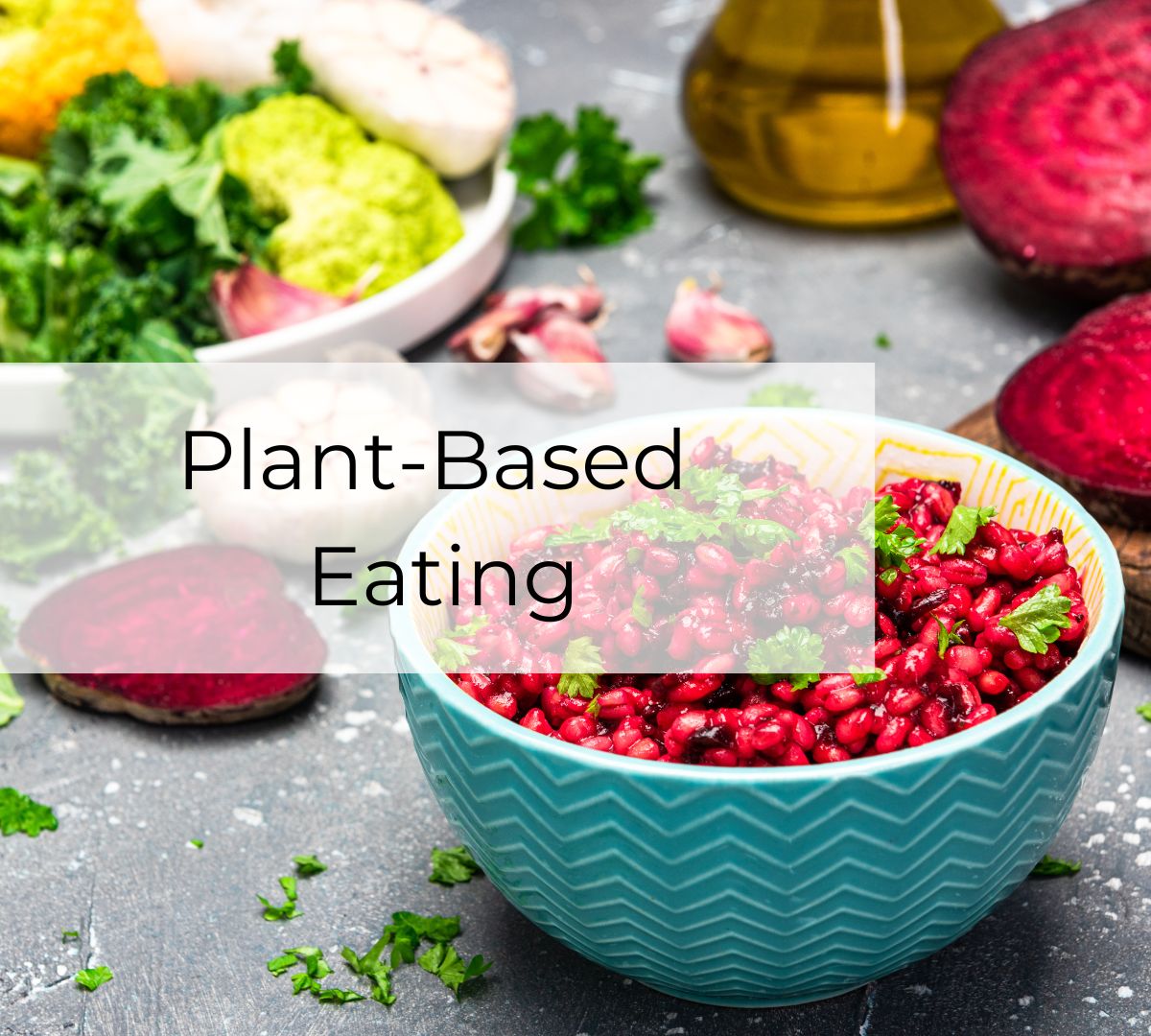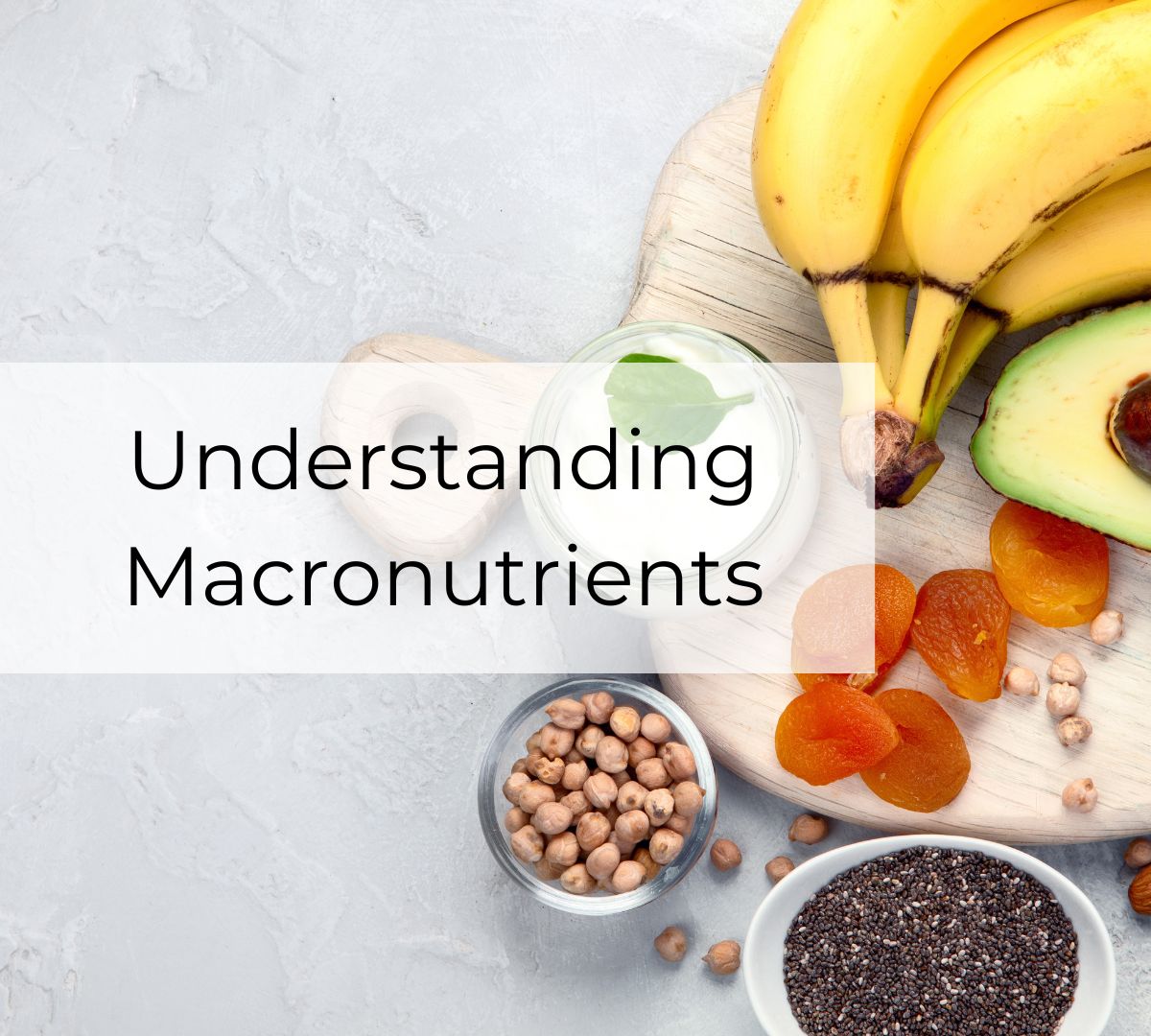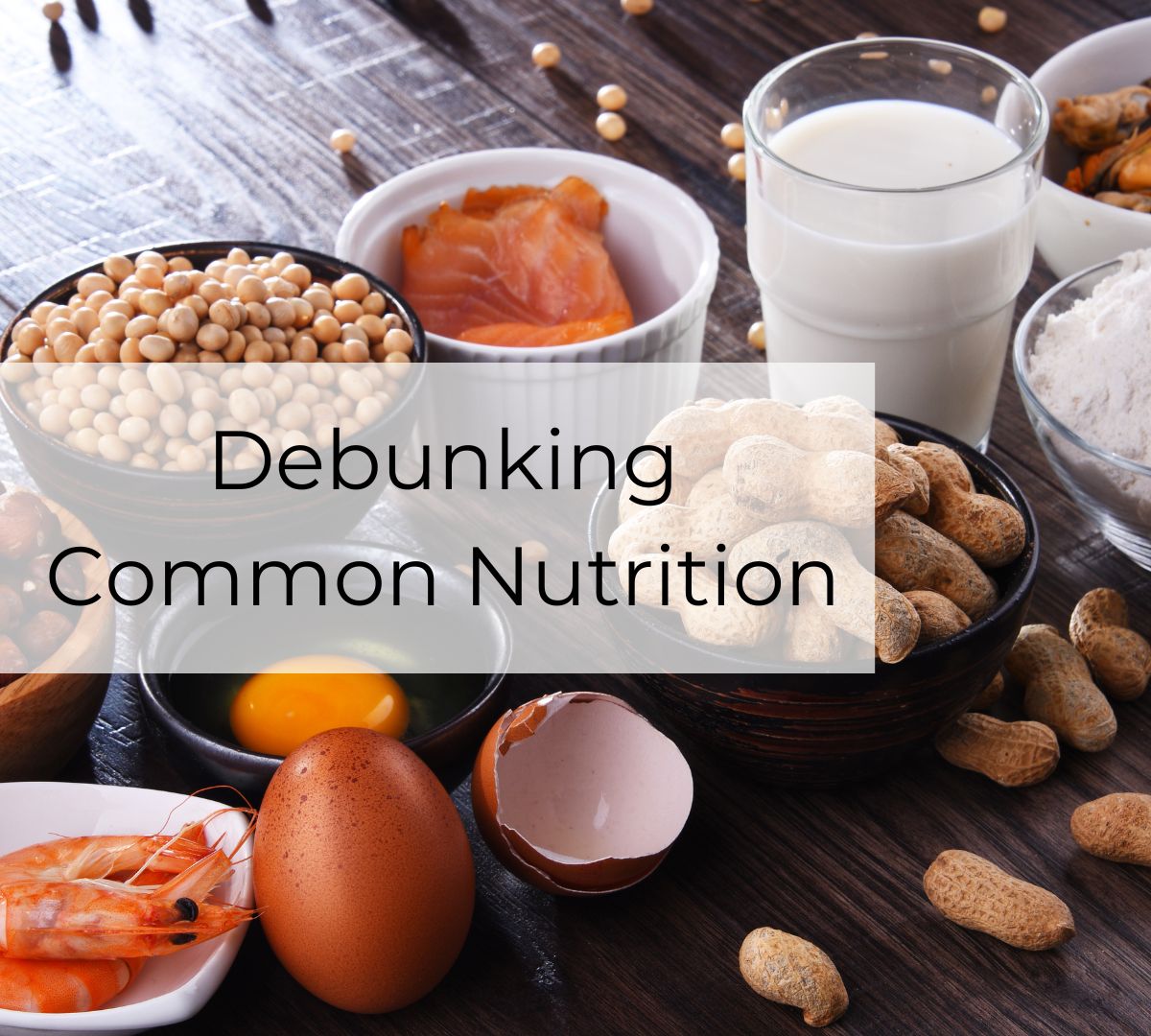Thinking of embracing a plant-based diet? This comprehensive guide will help you navigate the world of plant-based eating, offering you a meal plan, delicious recipes, and practical tips to get started. Whether you’re aiming to eat more plants for health reasons or simply want to explore new dietary habits, this guide will provide everything you need to begin your plant-based journey.
What is a Plant-Based Diet?
As the name suggests, a plant-based diet focuses on obtaining most of your nutrients and calories from plant sources. However, unlike strict veganism, a plant-based diet allows some flexibility—you can still enjoy meat and animal products occasionally. This makes it an accessible option for many people looking to incorporate healthier, plant-centric meals without giving up their favorite foods entirely.
Dr. Brie Turner-McGrievy, a professor at the Arnold School of Public Health at the University of South Carolina, notes that many healthy diets—those that emphasize whole foods, fruits, and vegetables—are inherently plant-based. This makes plant-based eating a versatile approach to healthy living.
Why Choose a Plant-Based Diet?
The benefits of a plant-based diet extend far beyond just adding more greens to your plate. One of the key benefits, in the opinion of registered dietitian Amy Shapiro, who founded Real Nutrition in New York City, is its adaptability. You don’t have to eliminate foods like meat and cheese entirely—just enjoy them in moderation.
Here are some of the key benefits of adopting a plant-based diet:
- Improved Health: By focusing on whole foods and cutting back on processed and refined options, you can boost your intake of essential vitamins, minerals, and antioxidants.
- Weight Management: Research shows that plant-based eating can support weight loss and help maintain a healthy weight over time.
- Reduced Risk of Chronic Diseases: Plant-based diets are linked to a lower risk of heart disease, Type 2 diabetes, obesity, and other health conditions.
- Environmental Benefits: Plant-based eating is also more sustainable, as it reduces the environmental impact associated with animal farming.
How to Start a Plant-Based Diet
Starting a plant-based diet doesn’t have to be complicated. Here are some useful pointers to get you going:
- Prioritize Fruits and Vegetables: Aim to fill half your plate with non-starchy vegetables and fresh fruits like leafy greens, carrots, broccoli, berries, and apples.
- Incorporate Lean Proteins: Include lean proteins such as chicken, tofu, beans, and yogurt in your meals. These will provide the necessary protein without relying heavily on animal products.
- Option for Whole Grains: Choose complex carbohydrates like whole wheat pasta, quinoa, and sweet potatoes to keep you full and provide lasting energy.
- Enjoy Healthy Fats: Incorporate healthy fats from sources like avocados, nuts, seeds, and olive oil to nourish your body and support brain function.
- Indulge in Moderation: You can still enjoy your favorite treats, like cheese or red meat, occasionally. Just make sure they aren’t the central focus of your diet, and savor them when you do indulge.
Plant-Based Diet vs. Vegan Diet: What’s the Difference?
A plant-based diet differs from a vegan diet in that it’s less restrictive. While a vegan diet excludes all animal products, a plant-based diet allows for occasional consumption of meat, dairy, and other animal products. This flexibility makes it easier for many people to adopt and stick to a plant-based diet while still reaping similar health benefits.
Popular variations of plant-based diets include:
- Semi-Vegetarian Diets: Such as the Mediterranean or DASH diets, which limit red meat and allow for some white meat, fish, dairy, and eggs.
- Pesco-Vegetarian Diet: This diet avoids meat but includes fish, dairy, and eggs.
- Vegetarian Diet: This diet avoids meat and fish but includes dairy and eggs.
What Are the Benefits of a Plant-Based Diet?
The benefits of a plant-based diet are numerous and supported by research:
- Vitamins and Minerals: Filling your plate with fresh produce ensures you get a wide range of essential nutrients.
- Lower Health Risks: A diet rich in plants helps reduce the risk of heart disease, Type 2 diabetes, and other chronic illnesses.
- Weight Loss: Studies show that people who follow plant-based diets tend to lose more weight compared to those on omnivorous diets.
- Environmental Impact: Eating a greater percentage of plant-based food can help the environment by lowering your carbon footprint.
Potential Downsides of a Plant-Based Diet
While a plant-based diet is generally healthy for most people, it might not be suitable for everyone. Certain people with certain medical conditions, like kidney illness or digestive problems, might need to exercise caution. These conditions might require limiting fiber or monitoring potassium intake, which are abundant in plant-based foods. It is always advisable to speak with a healthcare professional prior to making big dietary adjustments.
Additionally, preparing fresh fruits and vegetables can be time-consuming. Planning ahead can make this easier—roast vegetables in batches, wash and chop fruits for quick snacks, and keep frozen produce on hand for convenience.
Essential Foods for a Plant-Based Diet
Here are some nutrient-packed foods to include in your plant-based diet:
- Beans: Packed with fiber, magnesium, and plant-based protein, beans are versatile and budget-friendly.
- Sweet Potatoes: Rich in beta-carotene and other phytochemicals, sweet potatoes offer a naturally sweet flavor and excellent nutritional value.
- Kimchi: This fermented dish is a source of probiotics and vitamins, making it a healthy addition to your meals.
- Nuts: A daily handful of nuts can help lower cholesterol and support heart health, with walnuts being an especially good choice.
- Tofu: Tofu is a versatile protein source that absorbs the flavors of whatever it’s cooked with.
- Brightly Colored Fruits and Vegetables: Dark leafy greens, berries, and orange vegetables are rich in antioxidants and other beneficial compounds.
Sample Plant-Based Diet Meal Plan
Here’s a sample menu to help you start your plant-based journey:
- Breakfast: Smoothie with banana, nut butter, almond milk, frozen cauliflower, vegan protein powder, and cinnamon.
- Lunch: Large salad with quinoa, beans, olives, avocado, and assorted veggies.
- Snack: Hemp seeds and coconut yogurt paired with pineapple slices.
- Dinner: Dinner is a tomato-based sauce topped with shrimp and chickpeas cooked over zucchini noodles.
- Dessert: Oatmeal cookies with dark chocolate chips.
A plant-based diet offers a wealth of health benefits, from improved nutrition to a reduced risk of chronic diseases. Its flexibility makes it accessible to almost anyone, allowing you to enjoy a variety of foods while still focusing on plants. You will be making a big move toward greater health and a healthier planet by increasing the amount of plant-based meals in your diet.
Whether you’re looking for weight loss, better health, or simply a new way of eating, this ultimate guide to plant-based eating provides you with the tools, recipes, and inspiration you need to succeed.



